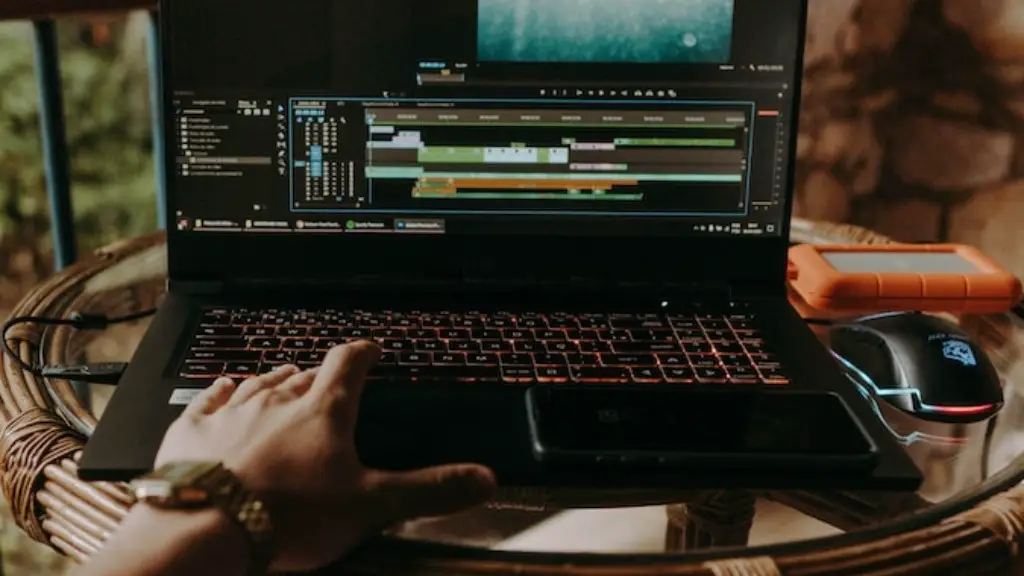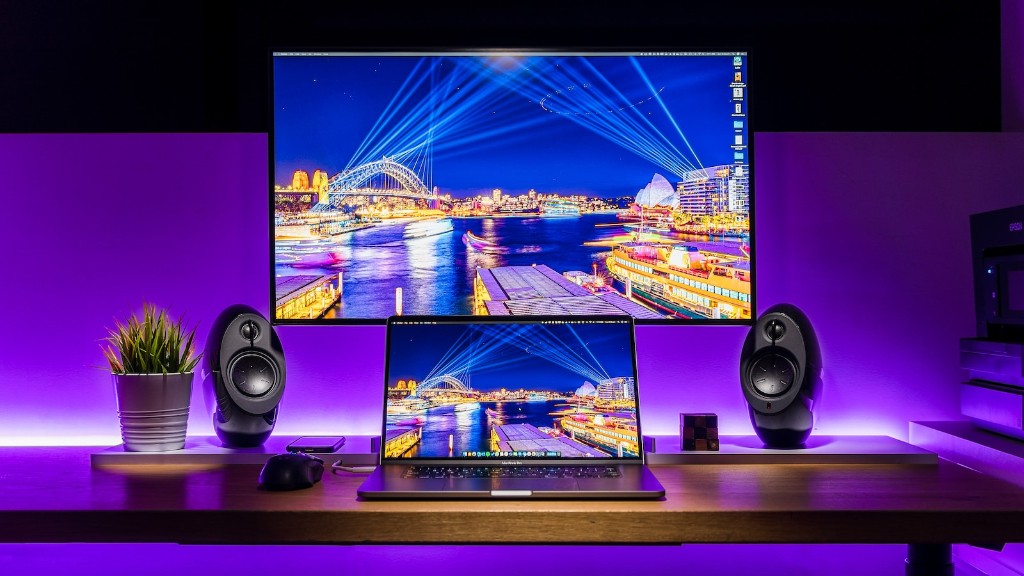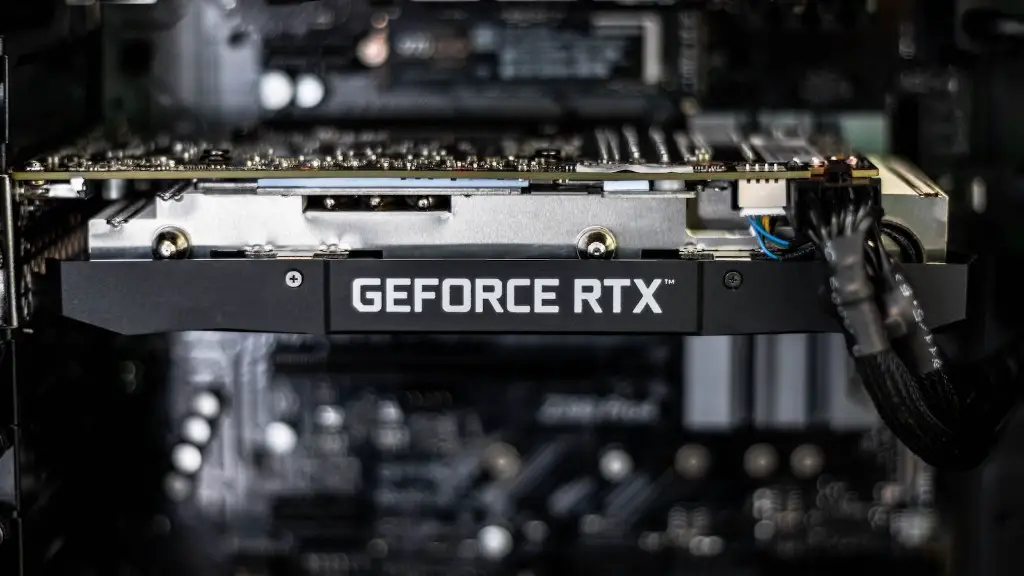Are you an avid gamer and know the cost of purchasing a gaming laptop, but don’t know why it seems to suddenly be running slow and unable to keep up with the latest games? It can be frustrating to buy a new laptop only to find out that it isn’t as fast as you had hoped. There are several factors to consider when looking at why your gaming laptop might be slow.
Bart Wiersma, CEO of Tech Titans, suggests “the condition of your laptop’s hardware is key to understanding why your laptop may be running slow. Longevity and durability of internal pieces like fans and integrated graphics cards are the building blocks of a fast and reliable gaming laptop. Old or worn down components can heavily affect your laptop’s performance, and it’s important to keep track of your laptop’s hardware when looking to maximize performance.”
Energy-saving modes can be useful to conserve battery life, but they can also be the culprit of a lagging gaming laptop. When these modes are enabled, they can slow down the laptop’s performance and cause games to run slowly. It’s important to make sure that the mode is turned off or disabled to ensure maximum performance.
Heat management is also an important factor. It’s possible for your laptop to overheat, which can cause laggy performance. The cooling fans keep your laptop running at a reasonable temperature, but over time these fans can lose efficiency. If you want to get the best performance out of your gaming laptop, it’s important to make sure that the cooling system is running correctly.
Ruben Genovese, CEO of GamerTech, states “poor software optimization can be a huge hindrance to the performance of your gaming laptop. Aside from hardware and energy-saving modes, there are software issues that can cause your laptop to slow down. Steps like uninstalling unnecessary programs can help free up resources, and updating your system can ensure that your laptop is running at peak performance. It’s also important to make sure that your laptop is free of any viruses or malware, as these can cause your laptop to slow down tremendously.”
Storage Space
Storage space on your laptop is another potential issue. Heavy game installation files can take up a bulk of the laptop’s hard drive, leaving limited space for your system to perform. If you’re using a laptop with a small amount of storage, it is recommended to purchase an external hard drive. This will give you plenty of room to store and manage game installation files, freeing up space on your laptop and allowing it to run faster.
Outdated System and System Settings
It’s possible that your laptop’s system is outdated, and therefore unable to support the performance expectation you have for it. It might not always be clear to the user if their system is out of date, but it’s important to regularly update your features and programs to make sure that your system is up-to-date. Additionally, some of the software pre-installed on a gaming laptop can be resource-heavy, causing the laptop to slow down. Ultimately, going through the laptop’s system settings and disabling any applications or programs that do not need to be running can help free up resources for the system to better run.
Improper Maintenance
Implementing proper maintenance is essential to running a high-performance gaming laptop. Although installing new games can seem like a hassle, it’s important to make sure you clean up after yourself. Uninstalling old games, clearing browser history, and getting rid of unused files can help speed up the laptop’s performance. Additionally, keeping the laptop and its components clean by frequent dusting and checking over thermal insulation can help reduce the risk of overheating and further optimize the laptop’s performance.
Degradation of Components
The physical components of your laptop can degrade over time, especially with extended hours of use. It’s possible that certain components of the computer’s hardware have been worn down from consistent gaming, causing the laptop to suffer from slow loading times and poor performance.
Well-maintained hardware is essential for a reliable gaming laptop, but the hardware itself can become dated over time. Overclocking and replacing components such as the storage drive and graphics card can provide a short-term solution for older hardware, but eventually, the laptop will need upgrading. Replacing the laptop’s components can give it a new life, but if the issue of run-time performance is still present, it may be necessary to purchase a new laptop.
Optimizing Performance
There are several steps you can take to make sure you’re getting the most out of your gaming laptop. Making sure to run frequent antivirus scans, optimizing the laptop’s settings, and making sure that any programs that you don’t need are uninstalled will help you optimize the laptop’s performance.
Finally, many of today’s modern games have hardware requirements that exceed the capabilities of a traditional laptop. If your laptop is not able to meet the hardware requirements of a game, then there’s nothing you can do to optimize the performance. Upgrading your laptop is the only way to ensure that you’re able to take full advantage of the newest gaming experiences.


